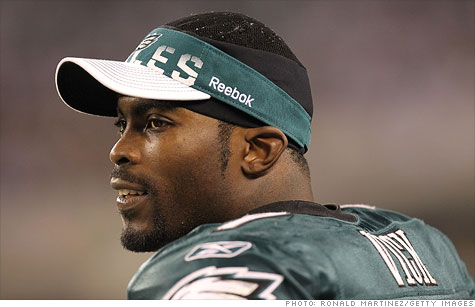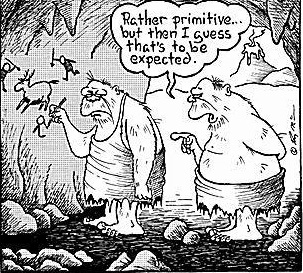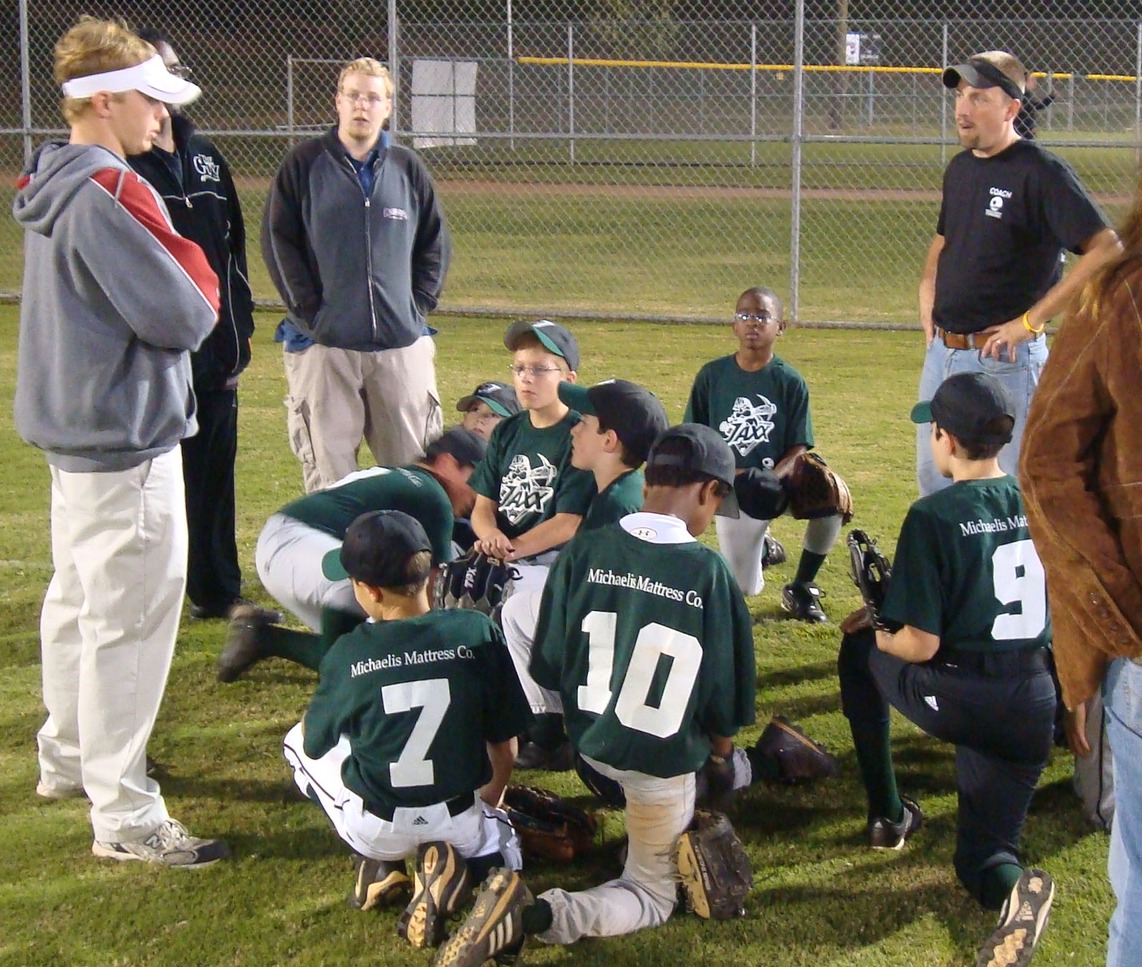 As I write this, I am on a business trip to Sheppards Air Force Base in Wichita Falls, TX. Before I entered the base, I drove through a military checkpoint where my car was visually searched and my credentials were thoroughly checked by an armed guard. Every military installation in the country has a similar procedure for all who enter their base. On November 5, 2009, in spite of all of these security precautions, a single gunman was able to get past all forms of base security. In a few terrifying moments, 13 were killed and 29 wounded in one of the most secure places on American soil, Fort Hood, the most populous US military installation in the world. To this day, it is the worst shooting ever to take place on an American military base.
As I write this, I am on a business trip to Sheppards Air Force Base in Wichita Falls, TX. Before I entered the base, I drove through a military checkpoint where my car was visually searched and my credentials were thoroughly checked by an armed guard. Every military installation in the country has a similar procedure for all who enter their base. On November 5, 2009, in spite of all of these security precautions, a single gunman was able to get past all forms of base security. In a few terrifying moments, 13 were killed and 29 wounded in one of the most secure places on American soil, Fort Hood, the most populous US military installation in the world. To this day, it is the worst shooting ever to take place on an American military base.
This morning, a single gunman got past the “security system” of an elementary school in Newtown, CT and opened fire on students, teachers and administrators before killing himself. (By security system, I mean the doors were locked and could only be opened after being “buzzed in.” Denied entrance, he broke through a window.) In a few terrifying moments, over 27 are dead with at least 20 of them being students under the age of seven.
Today, my son turned seven years old. He is a first grader at an elementary school that does not have a high-tech security system. In fact, at his school, they don’t even lock the doors. Many Wednesdays at 10:15am, I walk through the unlocked front doors and head to the main office to “sign in” to have lunch with my son. Less than 10 steps past those doors is the cafeteria where several hundred students eat lunch at one time in one place. As a parent, after today’s tragic event, you can see where my thoughts are going. Though the school does have a police presence both morning and afternoon, it is far from secure. And in the school’s defense, how can it be? The killer in CT smashed through a window. In spite of locked doors he forced his way in. The shooter at Fort Hood was not only a soldier on base, but a practicing psychiatrist. Psychiatrists are supposed to help the crazy, not be crazy themselves. The point is, no security in the world can stop every crime committed by those hell-bent on evil.
In the next few weeks we will be hearing more about the need for more police, more cameras, more locks, more metal detectors, more parental chaperones on school campuses. Even if all of these things are installed, will it even help? I am well-known by the staff at my son’s elementary school. Teachers and administrators know me by name. Every day they see me cheerfully pick up my son from school. Many Wednesdays they see a loving father have lunch with his son. There would be no reason for them not to trust me. I do not appear unstable in any way. And yet, with such unhindered access, I could (if I wanted to) cause unspeakable horror to their student body. And what about the teachers? Or their staff? Countless millions of trusted individuals work with our nation’s youth and in our country’s school systems. Is it possible for any school to fully protect every child from someone bent on doing wrong?
It’s hard enough to protect ourselves from the evil outside the walls of our homes, churches, malls and schools. How can any school, church, mall or public arena even begin to protect themselves from the evil within? There are simply not enough police, cameras or locks to prevent terrorists from creating terror.
Just as we have witnessed with previous school shootings, the shooting at the Colorado movie theatre, the various mall slayings and now the elementary school tragedy, we are once again forced to face our greatest problem in America today. It is not the lack of police, the lack of education or the lack of locks. We do not lack staffing or cameras or even metal detectors. We lack the ability to protect ourselves from ourselves and it is quickly costing our personal freedom.
I flew one of the major airlines to reach my destination this week. Like thousands before me, I moved at the pace of herding cattle through the security checkpoint in the airport. I was forced to take off my shoes, belt and jacket and stand in an awkward position as the X-ray machine spun around me. Just before I was deemed “safe” by the TSA, there was an obvious issue with the people in front of me. A young couple was being searched by security because of their baby stroller. Either the baby, the stroller or the diaper bag had raised a concern and everyone behind them were now delayed. Ten minutes went by and I am standing there, half-naked, waiting to reunite with my dignity. Thanks to 9-11, this scene has become the norm, throughout every airport in the country.
Today, was the 9-11 of our school system. Though the previous school shootings have certainly impacted our national psyche and have created a movement of security, nothing hits closer to home than watching little children gunned down in what’s supposed to be a safe haven of learning. The few minutes of terror experienced in that elementary school in Connecticut will be a defining moment in our country’s school system. Parents across the country will demand for security changes to their various schools. I imagine even my access to my own son will change by next Wednesday because of what happened today.
Our prayers go out to the families of the victims. Our thoughts go out to the hundreds of families whose upcoming Christmas morning will be tainted by today’s horrific events. In spite of this, let us not lose hope.
Though Judas betrayed Jesus. Though Peter denied Christ. Though the disciples deserted their Rabbi. Though the Jews killed their King. Though the inner circle acted like the outer enemy. The trusted committed treason. What others may intend for evil, God can turn for good. May God somehow do what He does best in these terrible situations, create triumph from tragedy – even days away from our nation’s most beloved holiday.
And may we finally recognize where our nation’s security really lies. It’s not in our military or our checkpoints or our metal detectors, police, locks or cameras. Through their best efforts, they continually fail us. Our security can only be found in One place and sadly our schools only request His help on days like today.
“God is our refuge and strength, an ever-present help in times of trouble.” – Psalm 46:1















